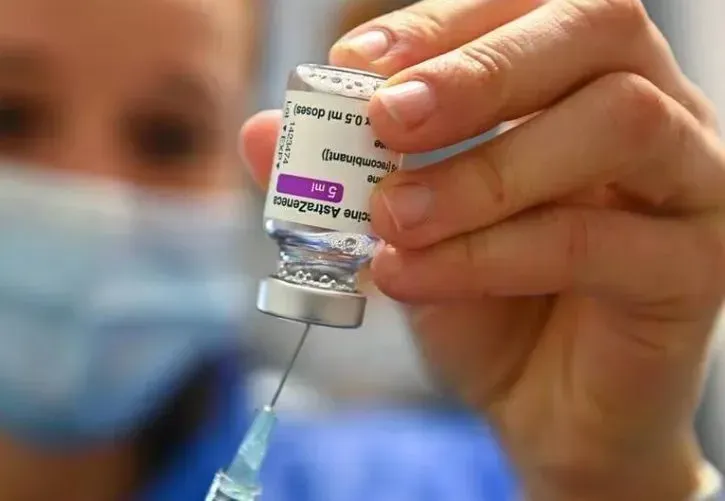It is not in the national interest: Britain has not agreed on a pandemic agreement with the WHO
Kyiv • UNN
The United Kingdom refuses to sign a global pandemic treaty with the WHO, citing concerns about having to give up a fifth of its vaccines.

The United Kingdom refuses to sign a global agreement to combat the pandemic - the United Kingdom says it is not ready to give a fifth of its vaccines. This was reported by UNN with reference to The Telegraph and Reuters.
Details
The United Kingdom refuses to sign a global agreement with the World Health Organization (WHO) to fight the pandemic, as the country says it will have to give away a fifth of its vaccines.
We will only support the agreement and accept it on behalf of the UK if it is in the national interest and respects national sovereignty
Context
The new pact and a series of updates to existing WHO pandemic rules are designed to strengthen the world's defense against emerging pathogens after the COVID-19 pandemic claimed the lives of millions of people.
One of the main points of disagreement between rich and developing countries is the sensitive issue of equitable distribution of medicines and vaccines.
Countries are due to finalize negotiations on the agreement on May 10 in order to adopt it at the WHO annual meeting later this month.
WHO Director-General Tedros Adhanom Ghebreyesus said last week that countries must agree to the agreement by the deadline to help fight future pandemics.
AddendumAddendum
Meanwhile, pharmaceutical giant AstraZeneca has filed a request to withdraw the European authorization for its Covid-19 vaccine, according to the European drug regulator. AstraZeneca's Covid-19 vaccine received the green light from the EMA in January 2021.

Partial results from the first major trial that Britain relied on to authorize the vaccine were marred by a manufacturing error that researchers did not immediately recognize. Insufficient data on the protection of the elderly with the vaccine led some countries to initially limit its use to younger populations, and then reverse their decision.
Billions of doses of AstraZeneca's vaccine were distributed in poorer countries under a UN-coordinated program. Later studies showed that the more expensive messenger RNA vaccines produced by Pfizer-BioNTech and Moderna offered better protection.